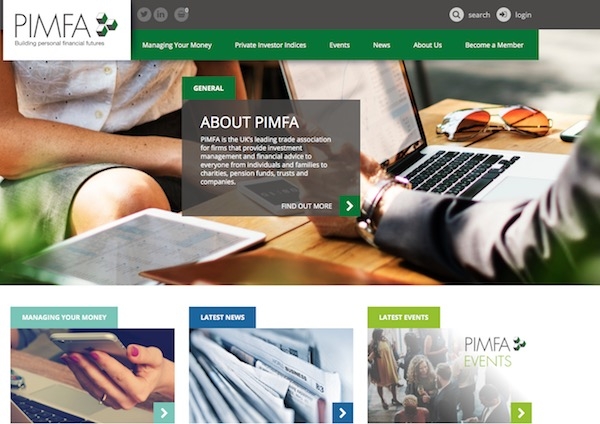PIMFA, which represents 1,000 wealth managers and financial advisers, has co-launched a new intelligence sharing platform to prevent financial crime.
Working with Financial Crime Intelligence Ltd, the association has decided to act as figures showed £193bn was lost to financial crime last year, with more than 630,000 reports to the national Crime Agency over 18 months to December 2017.
The statistics equate to an average of £3,900 per adult with losses occurring at £6,000 per second.
The “groundbreaking” new PIMFA-AECIS intelligence sharing platform was launched to provide an “effective way for firms to prevent financial crime.”
PIMFA says the innovation also follows new UK legislation in the Criminal Finances Act 2017, which is designed to protect regulated entities when they share information on money laundering suspicions.
With the new system PIMFA-AECIS users can anonymously compare and match against each other’s financial crime data, through a “controlled and auditable workflow.”
When matches arise organisations can now legally go on to share intelligence directly with each other.
Chris Anderson, FCI chief executive, said: “The levels of financial crime are truly staggering and are growing at an exponential rate with emerging threats on the immediate horizon.
“The PIMFA-AECIS platform is a secure, effective tool for quickly identifying current, specific threats and criminal connections.
“By comparing and matching information, a greater body of intelligence can be created by investigators leading to improved identification, prevention and prosecutions. This leads to better protection for the public and financial institutions alike.”
Richard Adler, director of strategic partnerships at PIMFA, said: “The PIMFA-AECIS system is designed for reciprocal benefit and creates a level playing field for all users while ensuring auditable control of the intelligence sharing process.
“Being able to quickly identify repeat offenders to improve prosecution rates, reduce losses and provide targeted fraud prevention advice to vulnerable clients and repeat victims is an important step forward for our profession.”

